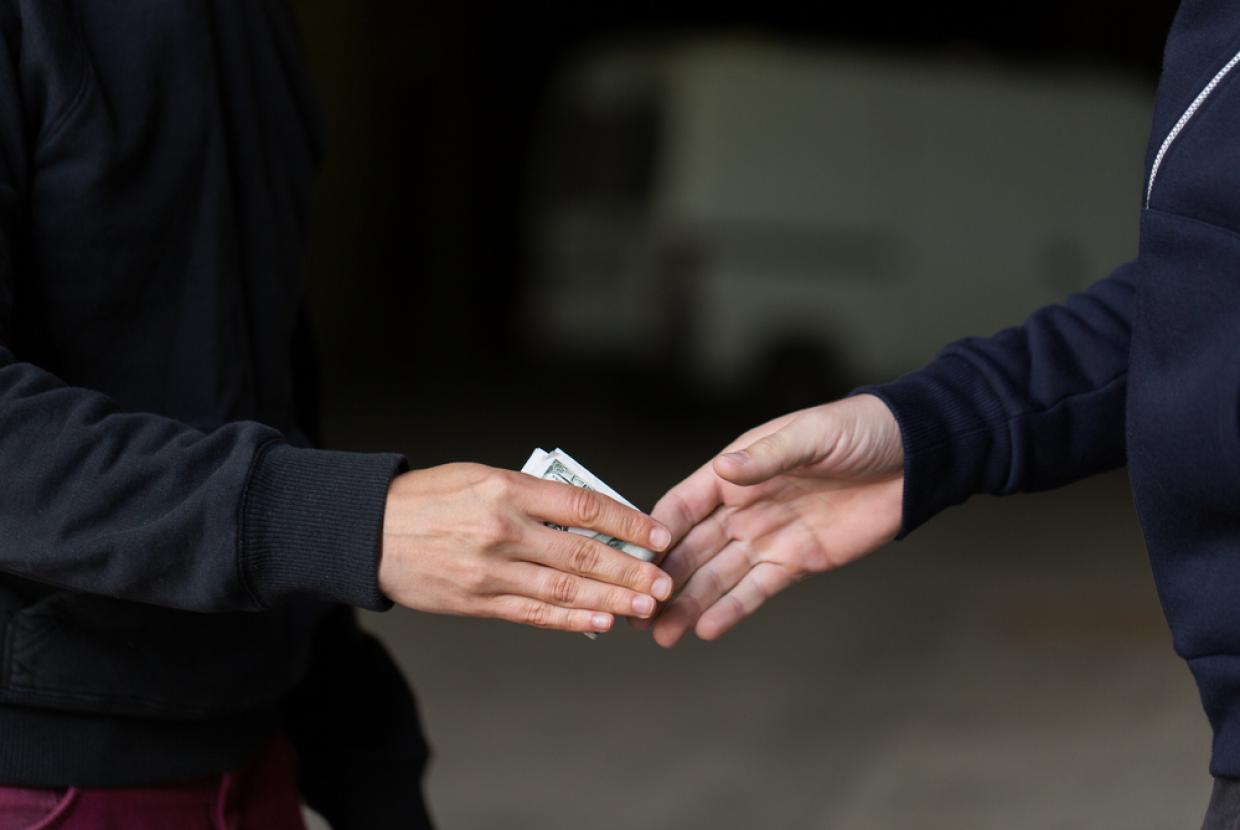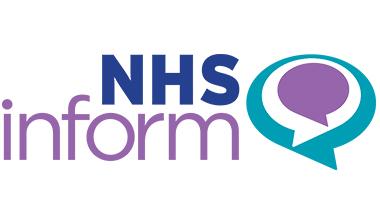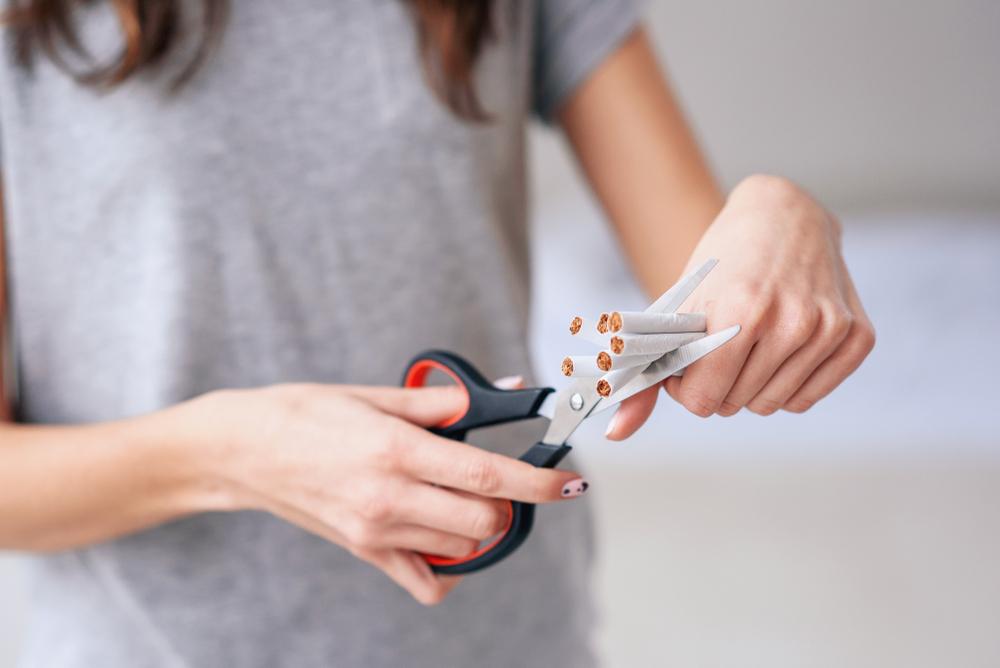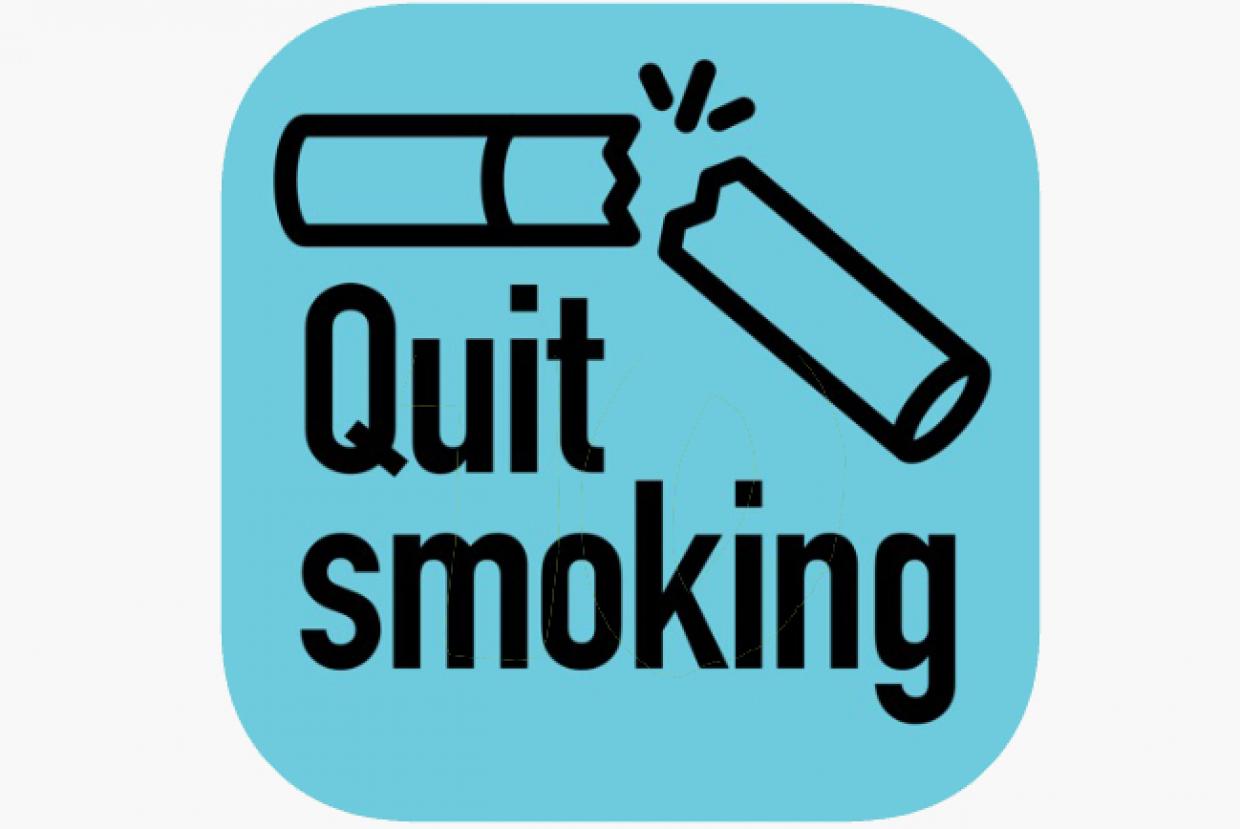Cocaine
Cocaine (hydrochloride) is a highly addictive drug. It acts as a short lived central nervous system stimulant and local anaesthetic.
It’s extracted from the leaves of coca plants and is generally snorted.
Crack cocaine is the smokeable form of the drug and comes as crystals known as rocks or stones. Crack and cocaine powder can be injected but doing this is linked to many harmful effects.
Effects of cocaineCommon effects of cocaine include:
- anxiety
- confidence
- dilated pupils
- energy
- euphoria
- increased heart rate
- paranoia
- restlessness
Longer term effects of using cocaine can include:
- dependency
- damage to the heart
- mood swings
- poor sleeping patterns
- impotence
- malnutrition due to suppressed appetite
- difficulties manging your mental health which may affect mental health conditions
- damage to the lips, mouth and lungs caused by smoking cocaine
- needle-related injuries like infections and, in extreme cases, amputation of limbs
When snorted, cocaine causes the blood vessels to contract. This reduces blood flow to the nose. Repeated use can then damage the nasal structure and tissues. This can cause holes or perforations in the septum (the cartilage between the nostrils).
Common cocaine cutting agents, like levamisole, can also cause soft tissue damage. This includes rashes, wounds and skin damage.
If left untreated this damage can be irreparable so it’s important to speak to your GP as soon as problems arise.
Risks of mixing cocaine with other substancesUsing alcohol and cocaine together has a bigger risk. They mix together in the body to produce a toxic chemical called cocaethylene. This affects the cardiovascular system and increases the risk of overdose.
Using heroin with cocaine has a much greater risk. This can increase the likelihood of an overdose. Each drug puts a lot of pressure on the central nervous system and the heart. This can result in respiratory failure.
What to do in an emergencyPhone 999 or go to A&E if:
You or someone else has taken cocaine and has symptoms like:
- unconsciousness
- difficulty breathing or they’ve stopped breathing
- no response to stimulation
- seizures (fitting)
- chest pains
- rapid heart rate
- severe nausea and vomiting
- hyperthermia (overheating)
- hallucinations
- anxiety or panic
Due to the risks of unpleasant and potentially fatal side effects, you should completely avoid using stimulants like cocaine if you have:
- high blood pressure
- heart disease
- epilepsydepression or anxiety
- make sure you’re in a safe environment, ideally with people you trust
- let someone know if you’re planning to use cocaine alone
- start low, go slow – begin with a small test dose and wait at least 1 hour before taking more
- drink small sips of non-alcoholic drinks like water or sport drinks, but don’t have more than 1 pint in 1 hour
- always use new equipment
- if you’re snorting, grind it down as fine as possible and divide it into small lines
- if you’re smoking cocaine, crush the crack rock into small pieces and smoke using a clean pipe or fresh piece of foil
- do not share any equipment with others, including pipes, straws and keys
- do not mix cocaine with other drugs, including prescribed medications or alcohol
Injecting is the highest risk way of taking cocaine.
The effects of injecting cocaine are short-lived. This may lead to people injecting more often which increases the risk of harm.
Cocaine powder dissolves in water. You should only use citric acid or vitamin C to dissolve crack cocaine.
Further information on injecting drugs
Further information and supportFurther information and advice on drugs and drug use is available:














































